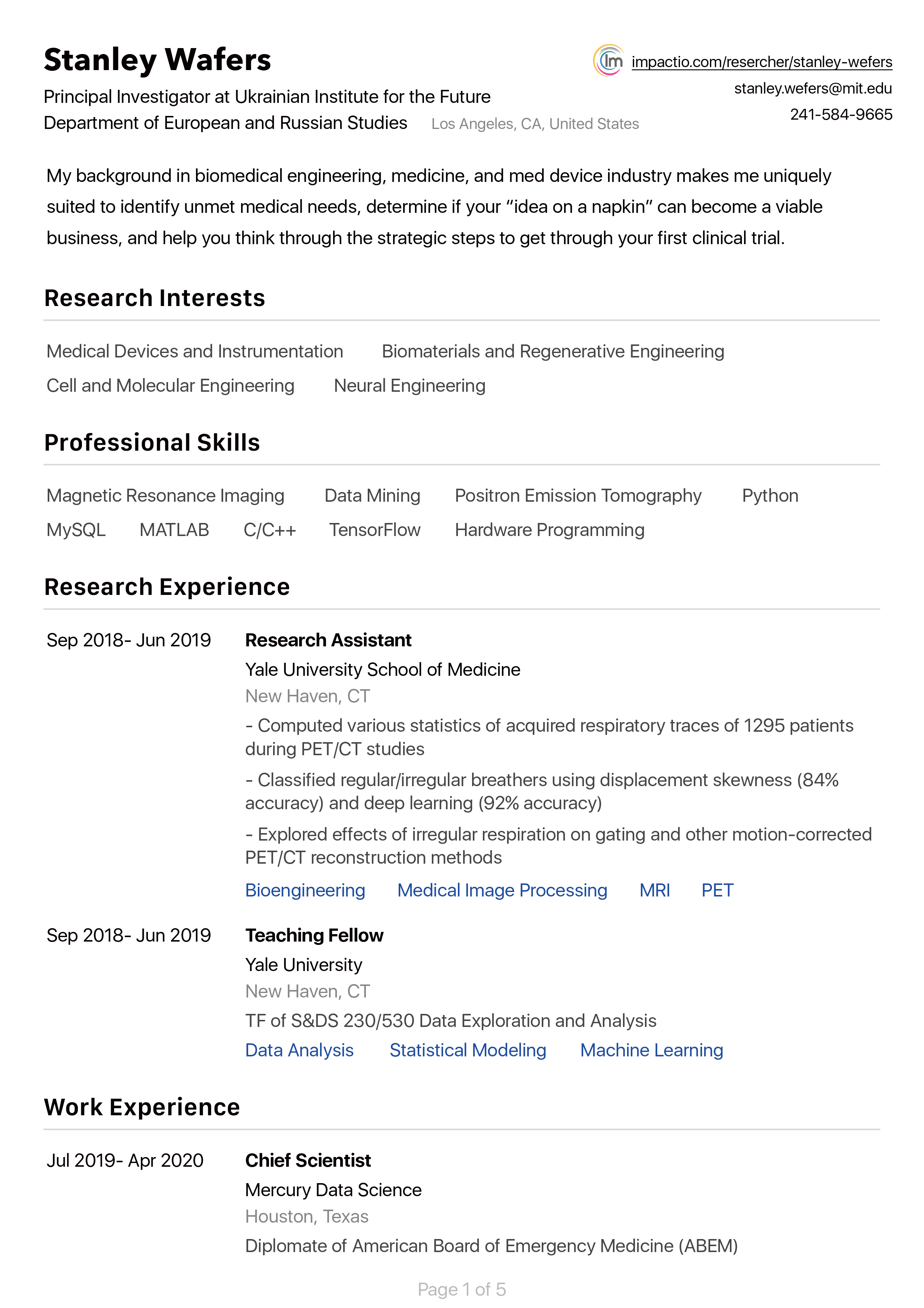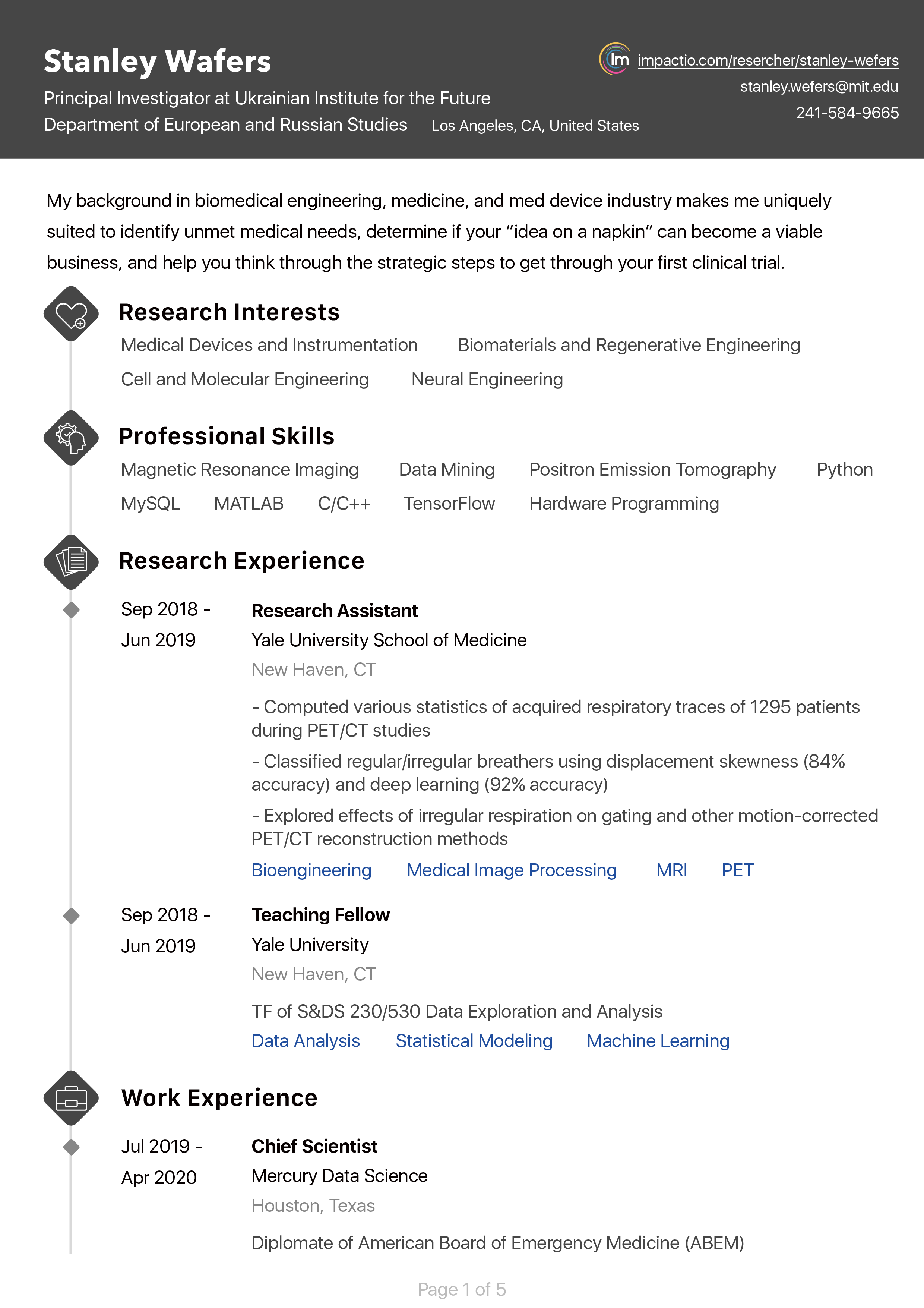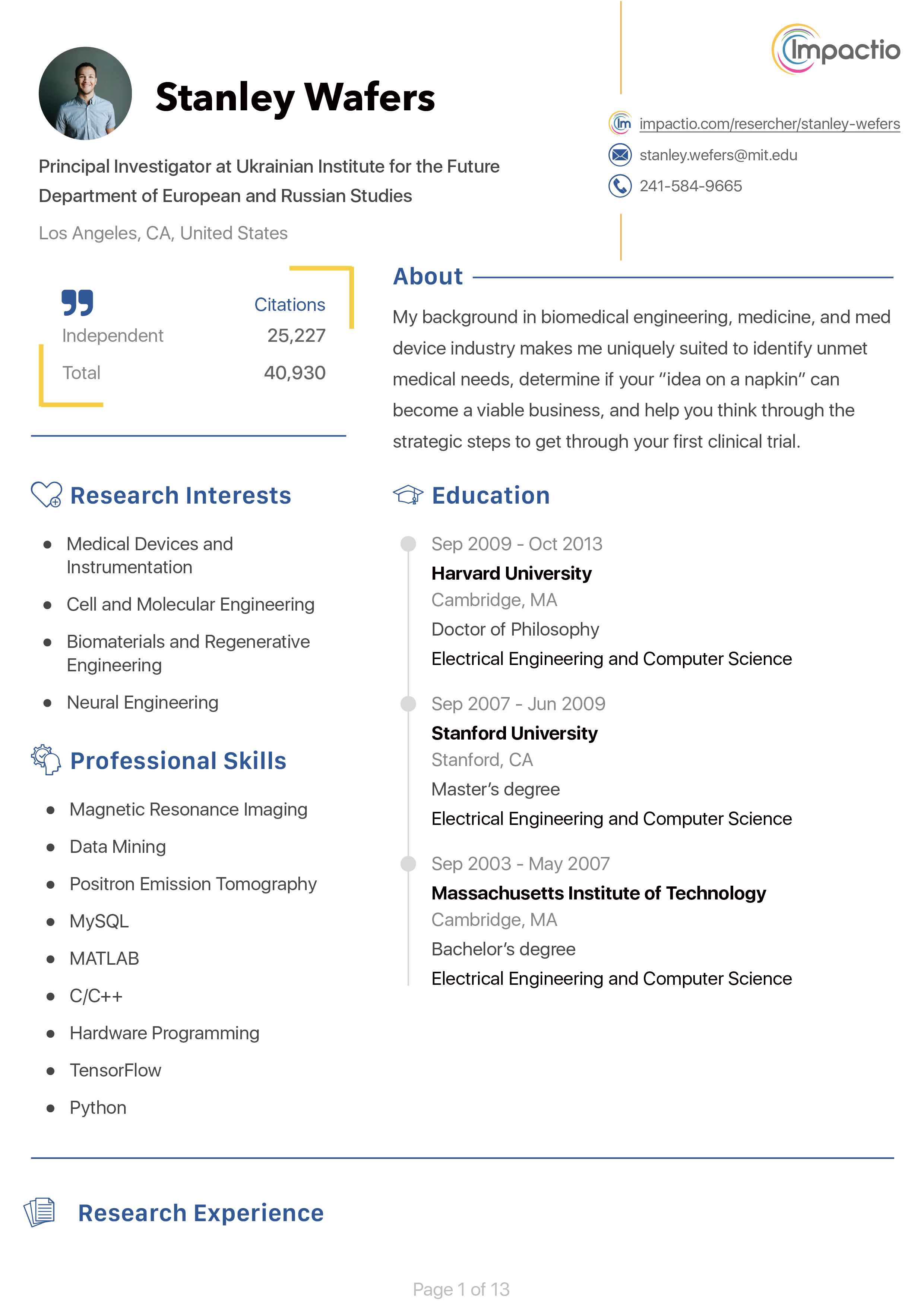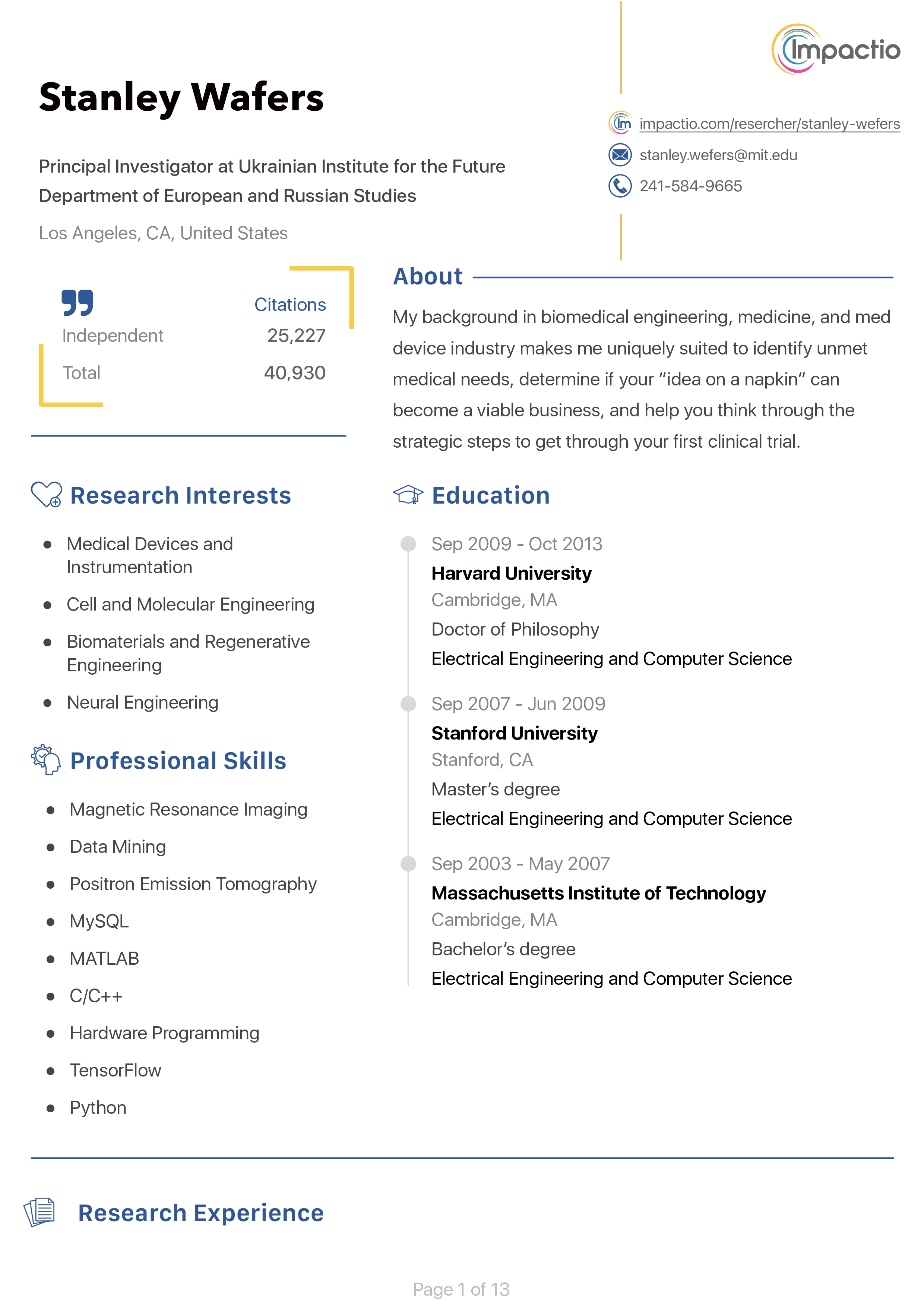Led model validation and review of the RMS Probabilistic Terrorism model.
Some client projects I led were evaluating Canada and Germany terrorism risk for the VITA-IV catastrophic mortality bond, and developing proprietary models for specific client needs, such as fire following terrorism.
Recent work on “Superforecasting” has shown that some individuals have significantly better ability to forecast short- and medium-term outcomes than others, for a variety of reasons. Because of the recency of this work, it is unclear how well this skill transfers to longer-term forecasting, but there are reasons to be both optimistic, and skeptical. In this presentation, I will combine inside-view perspectives on how superforecasters think about forecasting and uncertainty with a survey of the literature on what makes forecasting more or less successful. Finally, this review and reflection will inform consideration of how long-term forecasting to influence the path of the future fundamentally differs from the scenarios where forecasting is most successful, and what can be expected in applying the approach.
This research applies statistical decision theory to inform the question of what data needs to be
gathered in order to inform future decisions when conditions, and the future decision to be
made, are both uncertain. This is critical to many areas of research involving deep uncertainty,
especially when considering or creating signals or feedback for adaptive approaches to decision
making under uncertainty.
Here, these methods are specifically applied to the case of infectious disease surveillance, as
part of the presenter’s PhD dissertation, with the intention of developing techniques that can be
applied more broadly. This is done using causal models and markov-chain monte-carlo
simulation in order to apply Statistical Decision Theory (SDT) to domains outside of the
traditional domain of those techniques. The poster will present the ongoing work, but primarily
focus on how and where these techniques could be applied generally, including the ranges of
potential application, where it is more or less useful, and how it could be used in conjunction
with RDM and other deep-uncertainty methods.








